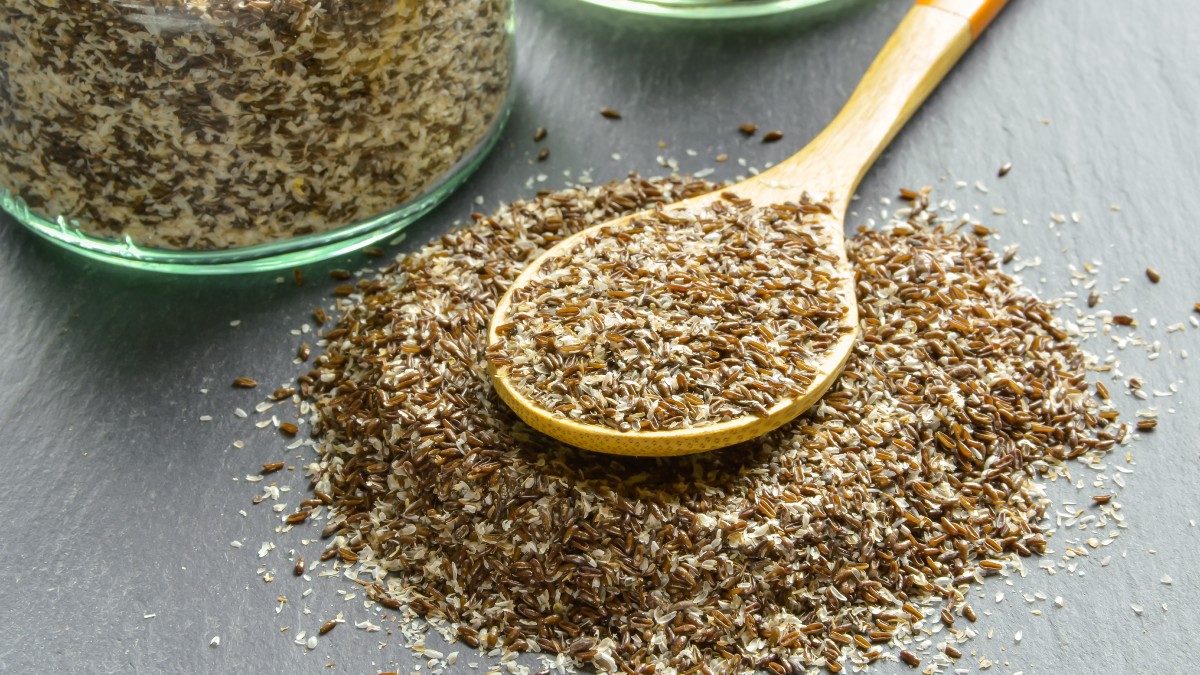[ad_1]
Fiber is good for health, but processed and refined fiber appears to increase risk liver cancer for specific individuals, as a new study published in Gastroenterology supports.
The reason for processed fibers, which are added to various foods and enrich them, with those who wish to lose weight the protect against serious diseases such as cancer and diabetesto prefer them.
And yet, this ingredient can have the opposite effect for some people—especially those with vascular dysplasia – enhancing the risk of developing liver cancer, pointed out a team of researchers from the University of Toledo.
The new findings reinforce the theory that the intestine plays a role in the development of the disease that has not been adequately appreciated. “We’ve long worked on the idea that all disease originates in the gut,” says Dr. Matam Vijay-Kumar, professor in the Department of Physiology and Pharmacology in the College of Medicine and Life Sciences, director of the UToledo Microbiome Consortium and lead author of the related article. “The study also provides evidence to help identify those most at risk and potentially allow us to reduce the threat of simple nutritional interventions».
Four years ago, the team of dr. Vijay-Kumar published a large study in Cell in which 1 in 10 apparently healthy mice developed liver cancer after eating a diet rich in inulin. It is a plant-based fermentable fiber, a prebiotic that promotes metabolic health and is commonly found in processed foods. “This was surprising given how rarely liver cancer occurs in mice. The findings raised questions about the potential dangers of certain processed fibers,” says Dr. Vijay-Kumar.
Moving forward with the study, the team found that all the mice with the malignant tumor had high concentrations of bile acids in the blood, which were caused by a previously undetected congenital defect, a vascular abnormality where a collateral venous network develops between the portal vein system and blood circulation. It is a rare condition – 1 in 30,000 people – that usually develops after cirrhosis of the liver.
Normally, blood leaving the intestines goes to the liver, where it is filtered and returned to the rest of the body. With this particular abnormality, the blood does not pass through the liver, but goes directly into the body’s circulation. This allows the liver to continuously synthesize bile acids, which, instead of going to the intestine, are released into the bloodstream. In addition, blood that does not pass through the liver contains high levels of microbial products, which activate it immune systemcausing inflammation.
In order to control this inflammationwhich can be devastating to the liver, the mice respond by developing a compensatory anti-inflammatory response, which reduces the immune response and its ability to detect and kill cancer cells.
An important finding was that while all mice with excess bile acids were predisposed to liver damage, only those fed inulin developed hepatocellular carcinoma, a deadly liver cancer. Also notable was that all of the mice with high bile acids continued to develop cancer when fed inulin, whereas none of the mice with low bile acids developed cancer when fed the same diet.
“Dietary inulin is good at fighting inflammation, but it may cause immunosuppression, a dangerous scenario for the liver,” said Dr. Beng San Yeoh, postdoctoral fellow and first author of the new study.
Considering that Bile acid levels may serve as a risk indicator for liver cancer, Vijay-Kumar’s group collected serum samples between 1985 and 1988 as part of a large-scale cancer prevention study. It found that the levels of bile acid in the blood of 224 men who developed liver cancer were twice as high as those who did not. A statistical analysis also found that people with the highest levels of bile acid were more than 4 times more likely to develop the disease.
The research team additionally looked at the relationship between fiber consumption, bile acid levels and liver cancer in humans. Interestingly, he found that high fiber intake reduced the risk of liver cancer by 29% in those with the lowest bile acid levels. In contrast, in those who recorded the highest levels, high fiber intake was associated with a 40% increased risk of cancer.
The researchers concluded that it is imperative to intensify control of bile acid levels in the blood and those with high levels should limit their fiber consumption.
“Bile acids are measured with a simple blood test. However, this is usually done only in certain pregnant women. Based on our findings, we believe that this test should be incorporated into routinely performed screening measurements for health monitoring,” Vijay-Kumar argued.
Finally, the experts pointed out the importance of individualized nutrition and the need for increased vigilance regarding fiber consumption. “Not all fiber is the same and not beneficial for everyone. People with liver problems resulting from elevated bile acids should be careful with fiber,” concluded Dr. Yeoh.
